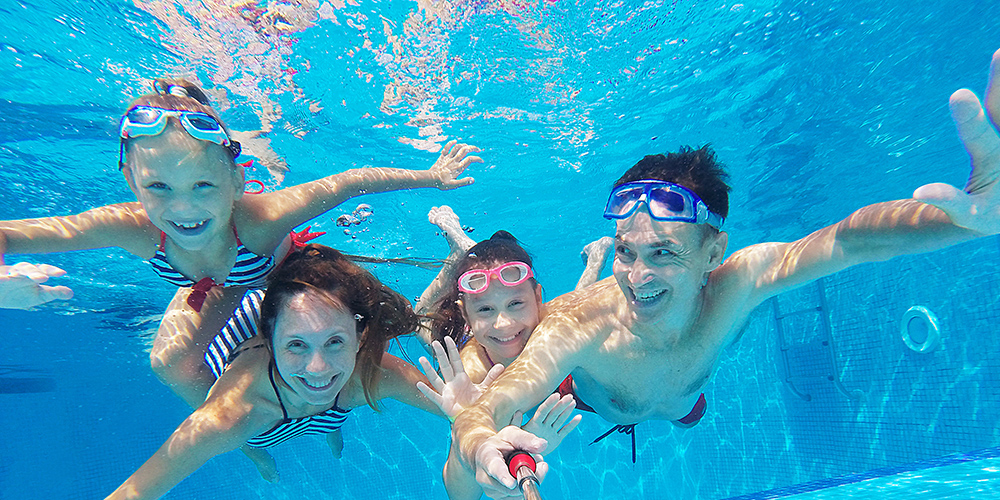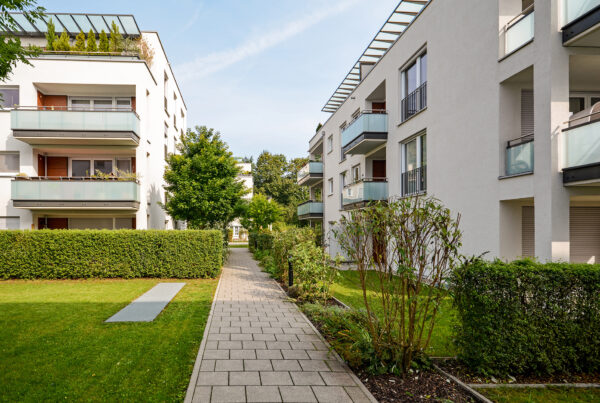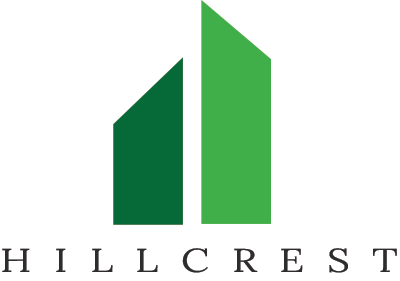Board members must consistently enforce HOA pool rules. As for residents, they should do their part by adhering to these rules. Failure to abide by pool rules, as with any other rule, can result in a number of potential penalties. Pool rules come in a variety of types, and not all of them may apply to a single HOA.
What are HOA Pool Rules?
Many homeowners associations and condo communities have swimming pools. In fact, it is one of the primary benefits that residents enjoy. These communities typically have a wide range of amenities and facilities, and a pool is just one of them.
With swimming pools, of course, come rules. HOA and condo pool rules exist to preserve the cleanliness, functionality, and aesthetic appeal of the amenity. Moreover, these rules also promote safety and well-being for poolgoers.
Common Swimming Pool Rules and Regulations for HOA
Rules and regulations can vary from one association to another. What may apply to one community may not necessarily apply to another. That said, some pool rules are more common than others.
Here are the most typical HOA pool rules and what they mean.
1. No Outside Access
Most HOA and condo communities offer their amenities solely to residents and their guests. This is common practice, as it helps maintain the pool and foster a sense of exclusivity. It is more typical in gated communities, but that doesn’t mean that non-gated communities can’t prohibit outside access.
That said, some associations do allow outsiders to use their amenities for a price. This can be a way for the HOA to earn extra income. Of course, doing this also makes the association more vulnerable to liability risks, as the pool now becomes a matter of the general public.
2. Pool Hours
 One of the most common HOA pool restrictions is pool hours. Most HOAs have operating hours for their amenities, including swimming pools. Now, pool hours can vary greatly depending on the association.
One of the most common HOA pool restrictions is pool hours. Most HOAs have operating hours for their amenities, including swimming pools. Now, pool hours can vary greatly depending on the association.
Typically, pools close at night, as night swimming is often a safety concern. This is especially true for outdoor swimming pools. Many HOAs also have seasonal hours, extending operations during summer months or closing the pool altogether during the winter months.
3. No Indecent Behavior or Excessive Noise
Homeowners association pool rules help keep the peace. Most communities don’t allow poolgoers to behave indecently or in a rowdy manner. That means they can’t start fights, push others around, or just behave in a generally obscene way.
Excessive noise is also usually prohibited. This is to maintain a calm space for everyone and encourage residents to respect others. If there are kids, they must always be supervised by an adult.
4. Maintain Pool Area
It is common for HOAs to require poolgoers to keep the pool area clean. That means no littering or intentionally dirtying the space. If a resident or guest accidentally makes a mess, they are expected to clean up after themselves.
5. No Smoking
To maintain cleanliness and respect other poolgoers, smoking is usually prohibited as part of HOA swimming pool rules. Smoking can stain surfaces over time and cause deterioration of properties. Furthermore, secondhand smoke comes with several health risks, and residents won’t appreciate being exposed to it.
6. No Pets
Another one of the most common HOA pool regulations is no pets allowed. If an HOA permits owners to keep pets, it most likely doesn’t allow pet owners to bring their pets to the pool area. This is to help maintain cleanliness and prevent potential disputes that may arise from complaints.
7. No Food or Drinks
When it comes to HOA pool rules, most associations prohibit food or drinks in the pool. Guests may be permitted to eat or drink outside of the pool, in the pool lounge area. Even then, guests must clean up after themselves.
8. Capacity Limits
When a pool is overcapacity, it can cause health and safety issues, particularly fire risks. Most HOAs limit the number of poolgoers in the pool area or the pool itself.
9. HOA Pool Safety Rules
Apart from the above, there are many other pool rules that aim to preserve safety, such as:
 No diving
No diving- No running or pushing
- Requiring proper swim attire
- No swimming alone
- No glass containers in the pool area
- Requiring the supervision of children
- No electrical devices
- No swimming during inclement weather (especially for outdoor pools)
- Requiring guests to shower before swimming
In addition to these rules, the HOA should post signs in the pool area. These signs should clearly indicate pool rules and state that failure to comply can result in fines or other penalties.
To ensure safety, the HOA should also keep emergency equipment nearby. These include rescue equipment, emergency kits, and an emergency pool phone. In some states, such as Illinois, these are even required.
Guest Policy for HOA Pools
Many HOA communities have a policy for pool guests, i.e. guests of residents. An HOA may permit residents to bring guests to the pool, but this comes with certain risks as well. To minimize these risks, an HOA should have a pool guest policy consisting of the following:
- Guests must sign in at the pool’s entrance. This is to track the guests coming in and out of the pool.
- Limit the number of guests a single household may bring to the pool.
- Place a cap on the number of times a single household may bring guests to the pool. Beyond this limit, guests must pay a fee per person.
- Guests must adhere to the HOA pool rules. Failure to do so can result in penalties for the resident or household.
- Guests must be accompanied by an HOA member to enter the pool area.
Understanding HOA Pool Regulations in Illinois
In Illinois, public swimming pools are required to meet specific signage and safety standards. These include:
- A sign displaying the pool’s maximum occupancy limit.
- A notice indicating that no lifeguard is on duty, along with a rule that children under 16 must be supervised by an adult.
- Pool rules and regulations must be clearly posted at the facility entrance and near dressing areas.
All public pools must also be surrounded by a secure enclosure that meets these requirements:
- The barrier must be at least four feet tall and built to prevent climbing.
- The space between the fence and the ground must be no more than four inches.
- Fence openings must be no wider than four inches.
In addition, all gates providing access to the pool must be equipped with self-closing and self-latching locks.
HOA Pool Rules: ADA and FHA Compliance
Pool rules must comply with the Fair Housing Act (FHA), which prohibits discrimination based on race, color, religion, gender, national origin, familial status, or disability. This means HOAs must avoid enforcing rules that unfairly target families with children or residents with disabilities.
Instead of age-specific restrictions, it’s better to create rules that apply to everyone. For example, banning “balls, inflatable items, and water guns” is more inclusive than banning toys only for children.
Similarly, requiring all swimmers to show basic swimming ability or be accompanied by a responsible adult ensures safety without singling out younger residents. The goal should always be to promote safe and respectful behavior, not to restrict access based on age or ability.
In addition to FHA requirements, HOA pool areas must also comply with the Americans with Disabilities Act (ADA). Pools, spas, and wading areas must be accessible, which means including features like sloped entries, transfer walls, or accessible routes. Associations should also allow assistance animals in the pool area when required as a reasonable accommodation.
The Bottom Line
It can come as a challenge to navigate HOA pool rules, especially when it comes to ensuring legal compliance. Board members should remain vigilant and review state laws as well as their governing documents. Homeowners, on the other hand, should do their best to comply with all pool rules.
Hillcrest offers HOA management services to communities in Chicago. Call us today at 630-627-3303 or contact us online to request a proposal!
RELATED ARTICLES:
- How To Increase Community Engagement In Your HOA
- Condo Security: Protecting Residents And Property
- HOA Board Of Directors Code Of Conduct





